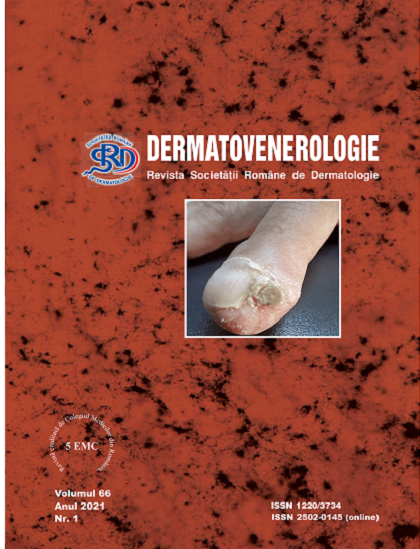Summary
Among skin pathologies, psoriasis is one of the most challenging disorders in terms of therapy and clinical monitoring of the patient.Psoriasis is a chronic inflammatory skin condition that has an autoimmune mechanism mediated by T cells, with involvement of innate immune cells.An important role is played by different subsets of T-helper lymphocytes, as well as a number of pro-inflammatory cytokines that maintain the chronic inflammatory state. Although some evidence suggests that NK cells play animportant role in psoriasis, their contribution to disease’s development and progression remains incompletely understood. Experimental models are an indispensable tool in psoriasis research for both pathogenesis evaluation and for possible therapeutic targets identification. Due to its advantages, experimental models such as the Imiquimod-based mice model is one of the most popular animalmodel to study psoriasiform dermatitis in mice. In order to highlight the role of NK cells in the development of psoriasis, we performed the Imiquimod-based mice model and analysed NK cells distribution and phenotype by flow cytometry. Skin inflammation induced by Imiquimodwas assessed based on in vivo parameters (erythema, desquamation, thickening), PASI score, evaluation of splenomegaly and pathological examination. NK cells distribution was evaluated on three immune levels: peripheral blood, spleen and skin. There were quantified NK cells subsets based on the expression of CD27 and CD11b, and NK1.1+CD11c+CD45R+subset. The expression of CD43, KLRG1 and CD69, markers with an important role in NK cells maturation and activation, was analysed.Our data show that, although a somewhat neglected cell in psoriasis, NKs correlate with the gravity of the auto-immune disease.


